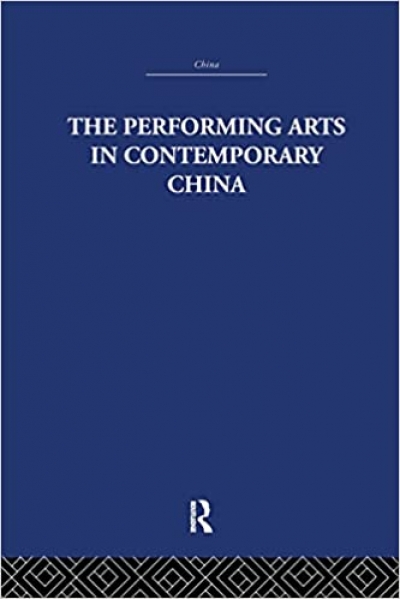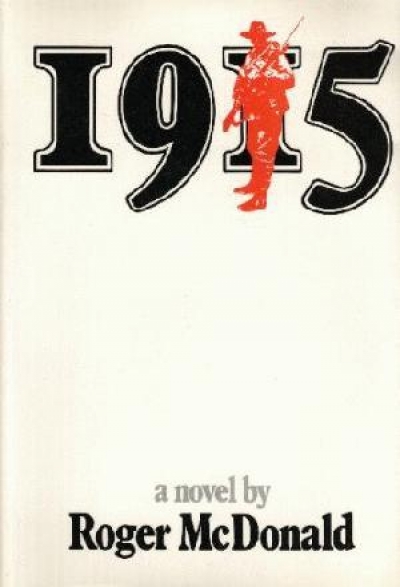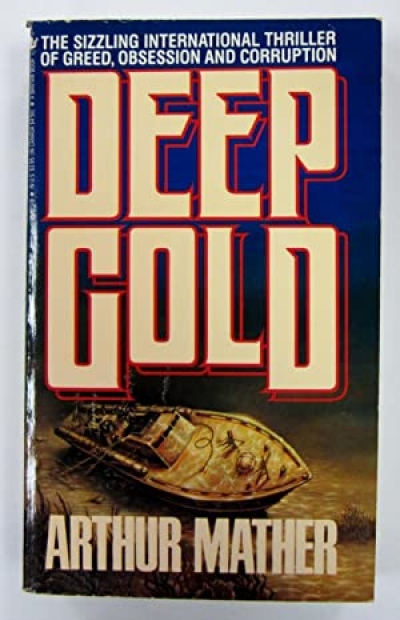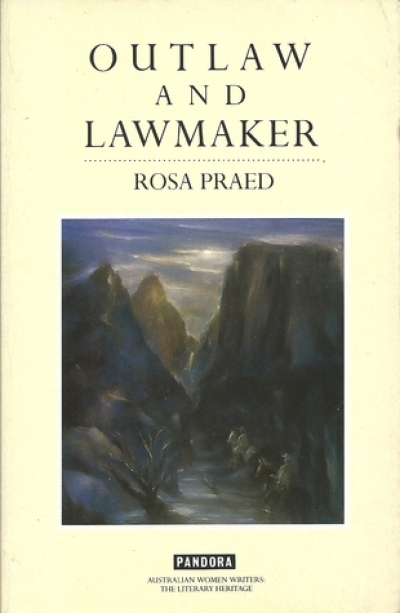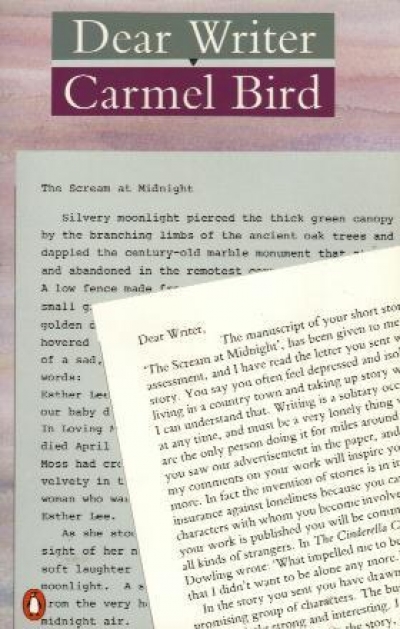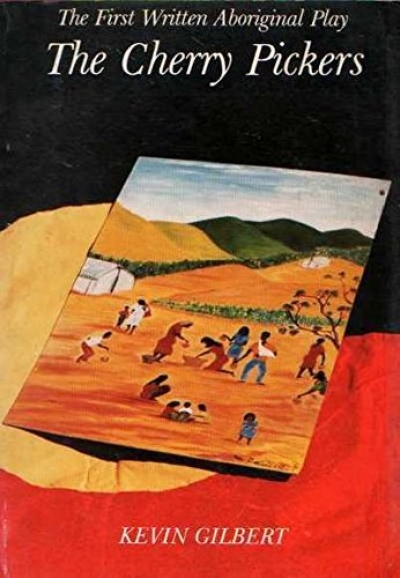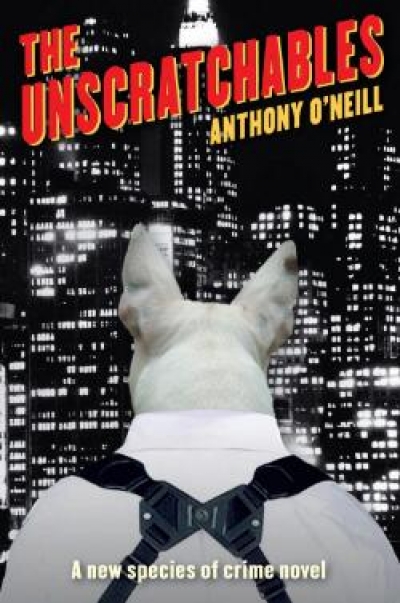Archive
Film | Theatre | Art | Opera | Music | Television | Festivals
Welcome to ABR Arts, home to some of Australia's best arts journalism. We review film, theatre, opera, music, television, art exhibitions – and more. To read ABR Arts articles in full, subscribe to ABR or take out an ABR Arts subscription. Both packages give full access to our arts reviews the moment they are published online and to our extensive arts archive.
Meanwhile, the ABR Arts e-newsletter, published every second Tuesday, will keep you up-to-date as to our recent arts reviews.
Recent reviews
Champions of the Impossible: A history of the National Council of Women of Victoria 1902–1977 by Ada Norris
by Kay White •
Deep Gold by Arthur Maher & Seven Miles from Sydney by Lesley Thomson
by Stephen Knight •
Selected Poems by Andrew Taylor & New and Selected Poems by Philip Martin
by Philip Salom •
Outlaw and Lawmaker by Rosa Praed & Mothers of the Novel by Dale Spender
by Margaret Harris •


